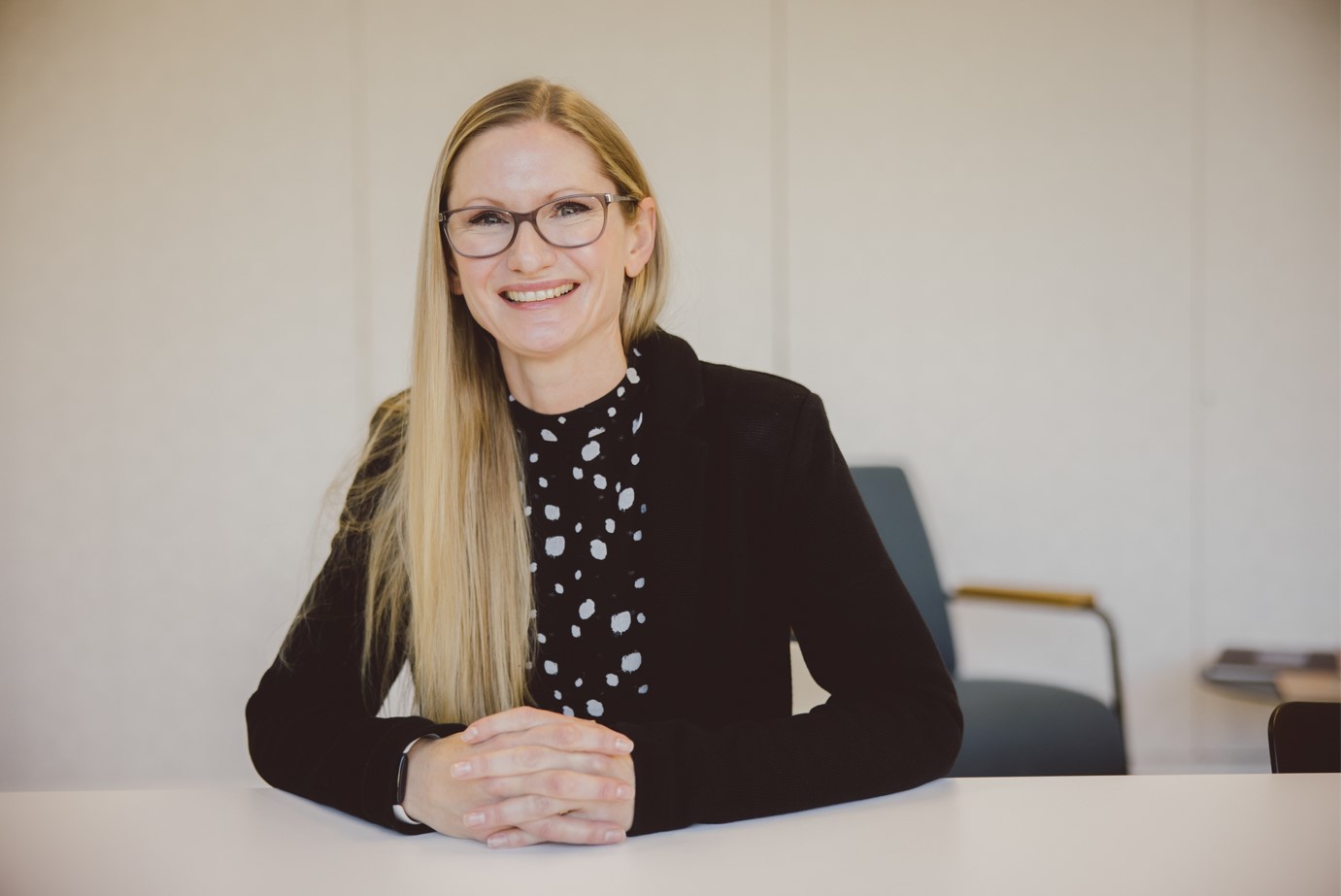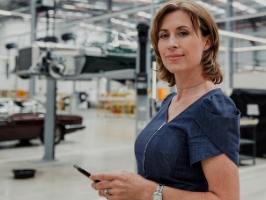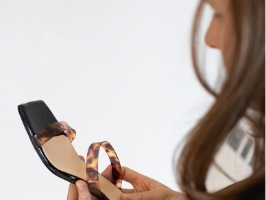The Bank of Wellbeing brings new standards of private pharmacy and healthcare to South Staffordshire
RxBridge helps pharmacy group launch a groundbreaking private pharmacy and wellbeing clinic that has boosted profits and helped set the company on a new path to growth.
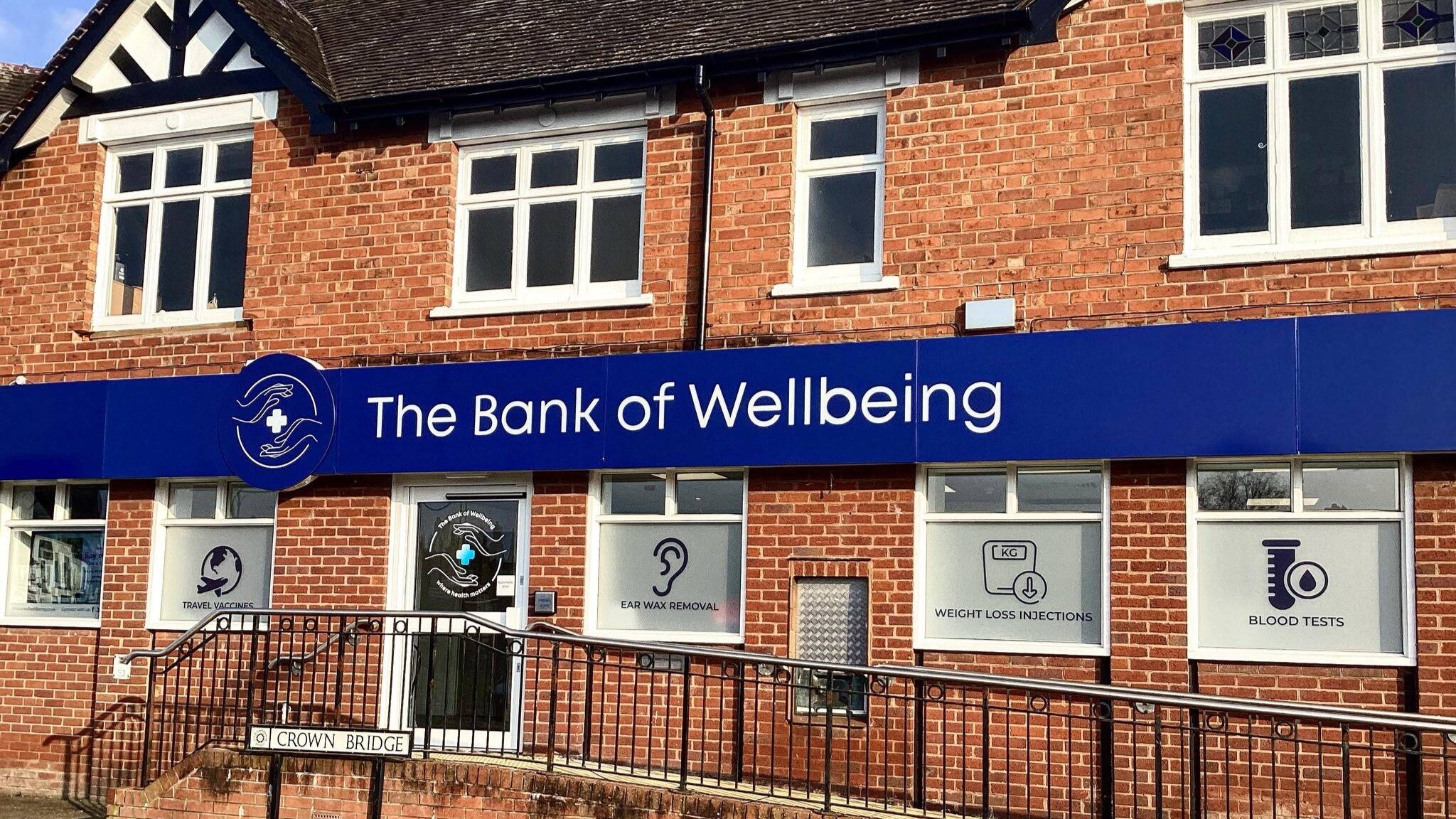
Industry
Pharmacy
Facility limit
£784k
Use of funds
Growth & Acquisition
RxBridge helps pharmacy group launch a groundbreaking private pharmacy and wellbeing clinic that has boosted profits and helped set the company on a new path to growth.
In the heart of the thriving market village of Penkridge, South Staffordshire, there is a new kind of pharmacy business that pushes the boundaries of private pharmacy to new levels. With an entirely private focus, the Bank of Wellbeing has helped transform the fortunes of small community group Northwood Pharmacy, which needed radical solutions to boost its dwindling revenue in the tough post-Covid period.
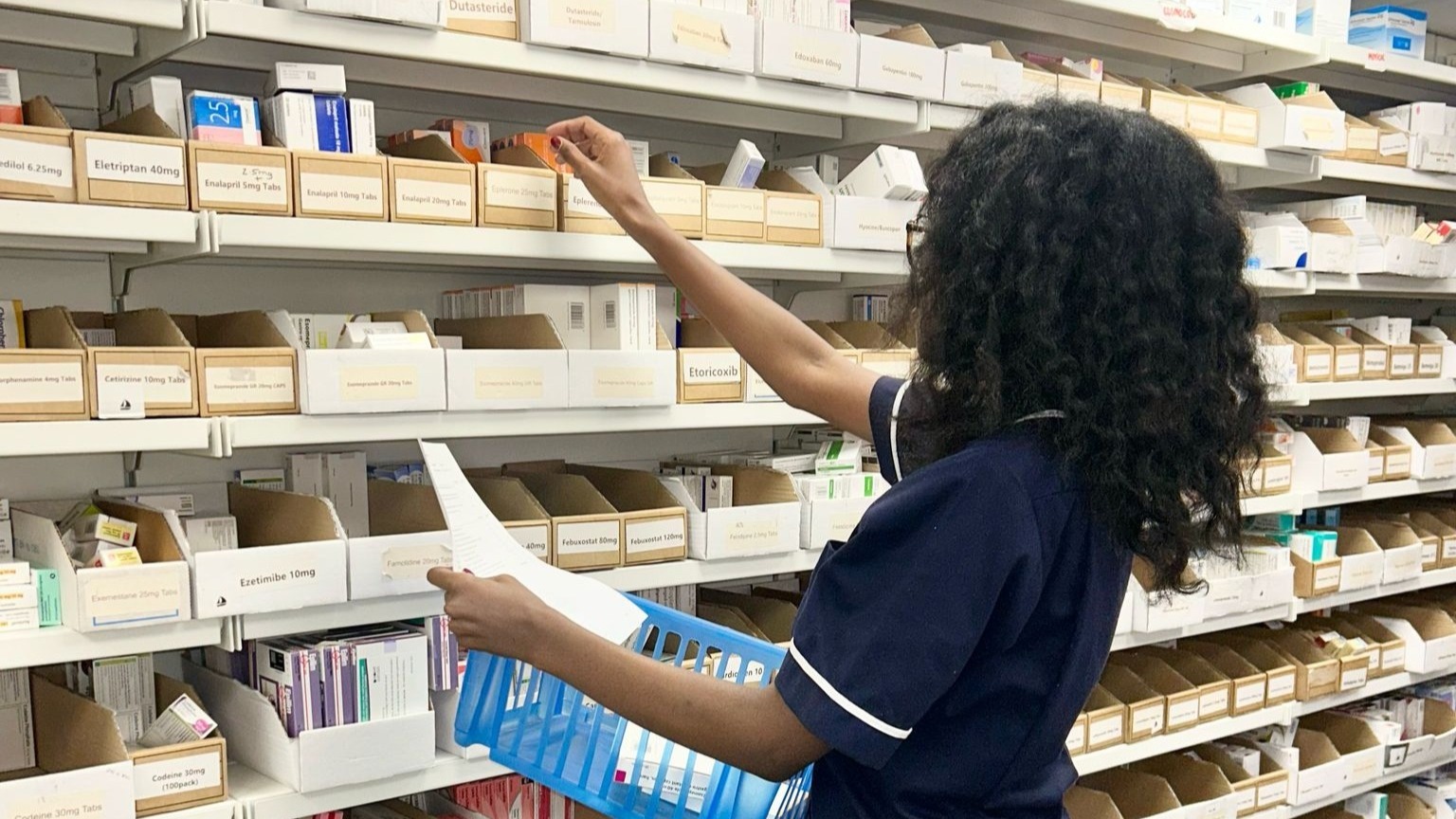
With its stylish reception area, private GP and hospital-grade consulting rooms, the Bank of Wellbeing feels more like a classy private clinic than a pharmacy, and it has had a hugely positive reaction from the local community. Almost as soon as the doors opened, it began welcoming over 20 patients a day, many of them looking for straightforward health services like blood tests and earwax removal, as well as weight loss injections, travel vaccinations, Covid and flu jabs, or some of its many other services, like acupuncture, facial aesthetics, cryotherapy and consultations with a private GP and nurse practitioner.
“Everyone who comes here is astounded by how clinical and professional we are,” says Managing Director, Harvey Northwood. “Where else can you walk in without an appointment and have a blood test or get your ears syringed, for a reasonable cost?” With its peaceful, clinical environment, excellent consulting rooms and highly qualified staff, including a pharmacist and phlebotomist always on duty, the Bank is proving highly popular with customers who want the reassurance of a professional, face-to-face consultation. “On our first day, we had ten new customers who wanted a weight loss injection from a specialist,” Harvey explains, “rather than buy the drug online and inject themselves.”
“Our strategy was never to chase prescription volume, because you make very little money out of it, in fact, we’re often doing it at a loss. The only way to make money in pharmacy is to grow your additional services, both private and NHS.”
Harvey Northwood, Managing Director, Northwood Pharmacy
Pharmacy is in the blood for the Northwoods
The Bank of Wellbeing is part of a long-established family pharmacy group operating six branches with NHS contracts. Harvey and his wife Carol, who is the company accountant, bought the business from Harvey’s parents in 1998, which at that time comprised two NHS pharmacies in Penkridge. Keen to expand, the couple made their first acquisition in 2001, and then bought another branch every few years, all within six miles of Penkridge.
Northwood pharmacy has been a family business for three generations and counting. Both of Harvey’s sons are pharmacists, with one managing a Northwood branch and another working for a primary care network in London. Pharmacy really is in the Northwood family’s blood, as it was Harvey’s grandfather Percy who established the first Northwood Pharmacy in Penkridge in the 1950s.
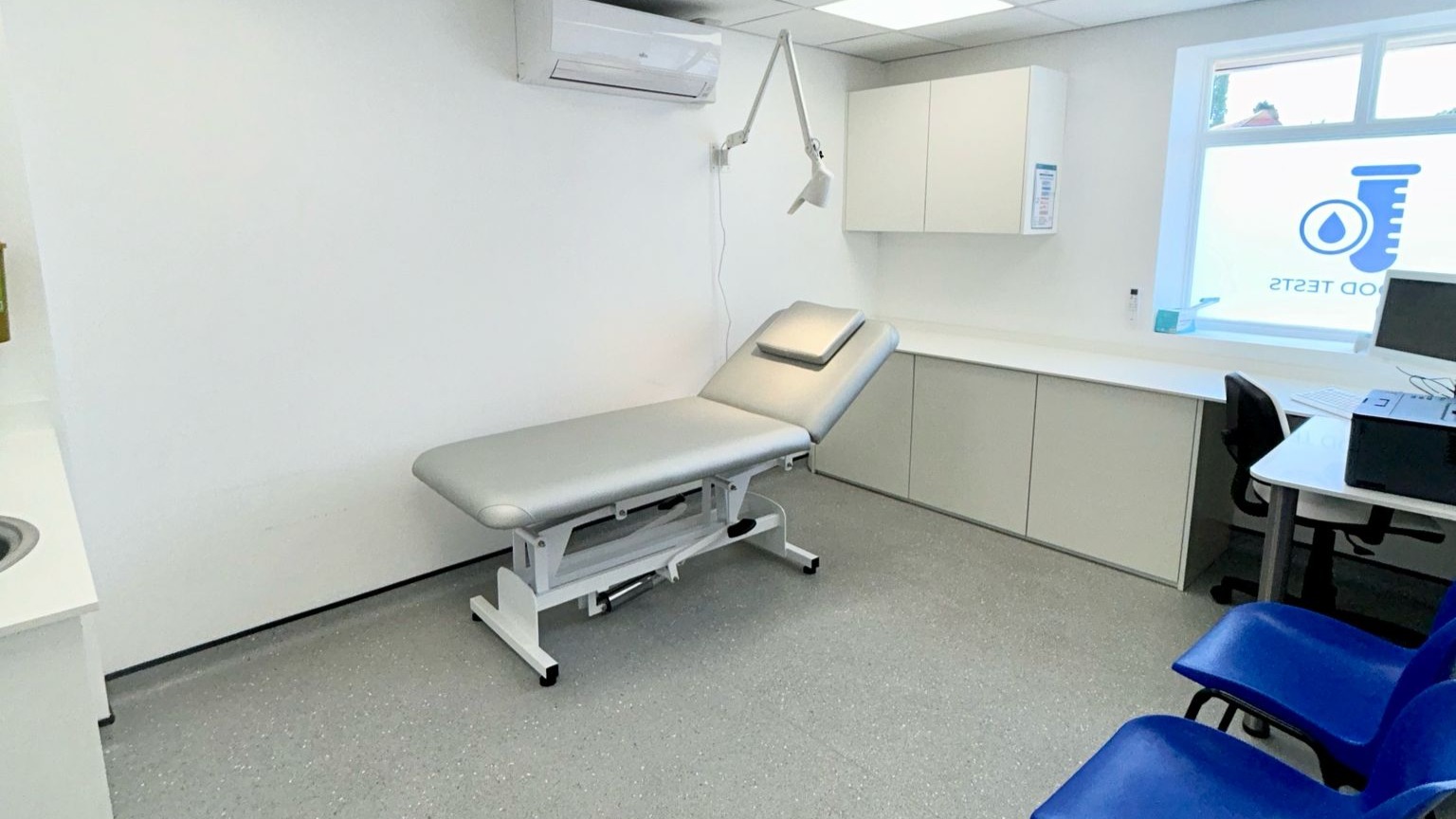
A clear strategy for growth
Harvey and Carol have built up their traditional, community-focused group over 27 years by only acquiring pharmacies with clear growth potential. “We bought one pharmacy in 2005 that dispensed 800 items a month,” Harvey explains. “We’ve grown that to over 10,000 items today.” But they also realised pretty early that growing prescription volumes would not be enough to build a sustainable, profitable business. “Our strategy was never to chase prescription volume, because you make very little money out of it,” he says. “In fact, we’re often doing it at a loss. The only way to make money in pharmacy is to grow your additional services, both private and NHS.”
The group was performing well and the outlook for the business was good. But then came March 2020 and the first Covid-19 lockdown. “It was a strange and challenging time for pharmacy,” Harvey says, “but we were able to get through it, serve the community and do everything that was asked of us.” However, it was in the aftermath of Covid that the real challenge began for Northwood Pharmacy and many other pharmacies across the UK.
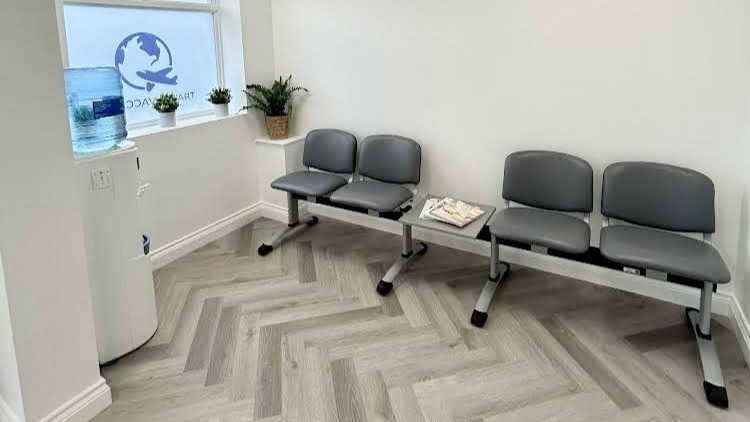
“The hub now assembles 70% of all our prescription items and holds 70% of our stock. This creates a lot of cost efficiencies and means our pharmacists have time to offer services like vaccinations, Pharmacy First and the New Medicine Service, which helps drive revenue.”
Harvey Northwood, Managing Director, Northwood Pharmacy
Covid aftermath was the catalyst for change
The pharmacy landscape changed significantly after Covid, as pharmacies tried to continue meeting customer demands for extra services like phone prescription orders and home deliveries, while coping with funding limits, staff shortages, rising costs and stagnant income.
As well as repaying their Covid-19 support loans, the biggest issue for Northwood Pharmacy was staff costs. Due to the scarcity of pharmacists, locum wages spiralled, and the business had to cope with pharmacy managers leaving to double their hourly rate as locums, while having to replace them with expensive temporary staff. This made day-to-day operations a struggle. “On Sunday evenings, I was dreading going to work because it was so chaotic,” Harvey remembers. “It didn’t feel like we were operating entirely safely.”
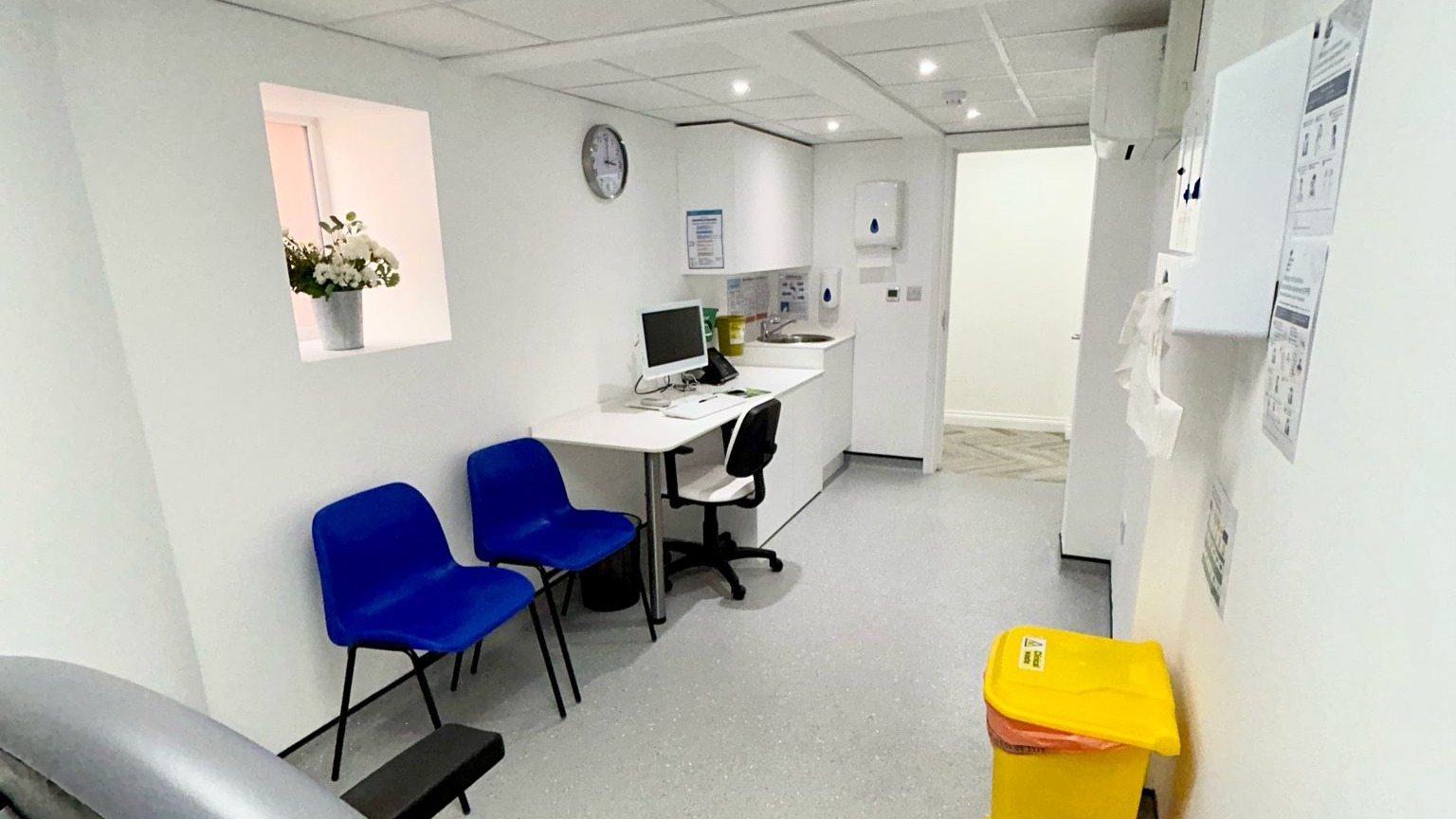
He realised that he needed a way to bring order to the chaos, while also creating efficiencies that would help him cut costs, boost revenue and be more profitable. After painstaking research and several fact-finding visits to other pharmacy groups, Harvey decided to make a big change and introduce a hub and spoke model of stock management.
Hub and spoke was the first step
Once he had a plan, he called his computer supplier and, within four to six weeks, the hub and spoke model was up and running. Initially the hub served only one pharmacy and was run by Harvey himself, but it immediately made dispensing smoother and took pressure off the frontline staff. He soon scaled up and began supplying all six pharmacies from the hub, which made the whole business more efficient and manageable. As well as cutting costs by reducing overheads in the branches, it freed up the pharmacists to deliver more profitable additional services, such as vaccinations. “The hub now assembles 70% of all our prescription items and holds 70% of our stock,” Harvey explains. “This creates a lot of cost efficiencies and means our pharmacists have time to offer services like vaccinations, Pharmacy First and the New Medicine Service, which helps drive revenue.”
Harvey soon began to think of setting up a new, bespoke hub with better ergonomics and workflow to make the operation smoother. But as he started looking at premises, a much bigger and bolder vision began to take shape. His idea was to find a large, empty building with enough space to house a new hub, as well as a private pharmacy and a spacious suite of clinical-grade consulting rooms that would offer a wide range of private health services. By designing an empty shell from scratch instead of retrofitting, Harvey’s plan was to create a separate, custom-designed space that felt like a professional clinic. More cost-effective in the long run than retrofitting a retail unit, he knew that he would create the antithesis of the pokey, multi-purpose rooms that most pharmacies had to use for consultations.
“I couldn’t believe the bank wouldn’t help us. When the sun was out, they gave us an umbrella, but when it started raining, they took the umbrella back again.”
Harvey Northwood, Managing Director, Northwood Pharmacy
The Bank of Wellbeing takes shape
Like a lot of great ideas, the Bank of Wellbeing became a reality because of an opportunity. A former Barclays Bank on a prime site in the centre of Penkridge had been on the market for a few years. It was the ideal site - an empty shell with enough space to bring Harvey’s ideas to life. It also inspired the name of the business. It was already known locally as ‘the bank’ and adding ‘wellbeing’ encompassed the group’s health and community ethos.
The remodel was a big, ambitious project, particularly in the clinical area, which needed hospital-grade flooring, antibacterial work surfaces and a state-of-the-art, clinical ventilation system that controls airflow with rapid air changes each minute to remove contaminants, minimising the risk of airborne infections. All were essential to meet Care Quality Commission (CQC) standards for the building.
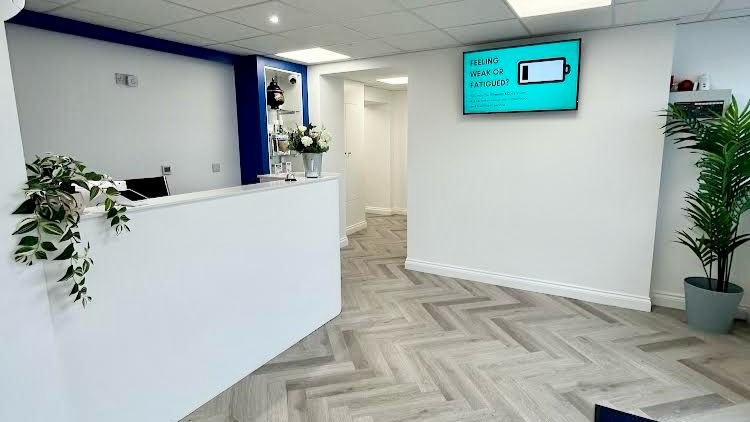
Raising finance from traditional lenders was tough
From the outset, Harvey wanted to offer the highest standards of service in the clinical environment. Meeting CQC standards was essential, because it meant he could offer consultations from a private GP and nurse practitioner. However, reaching the CQC level required a big investment, so he would need extra finance. Harvey knew the business had huge growth potential and would generate higher profits to secure a bright future for the whole group, but convincing his bank turned out to be hard work.
Harvey and Carol’s plan was to fund the acquisition and remodelling from several sources - the proceeds from selling an existing pharmacy, their bank overdraft and their pension pot - which they would use to buy the building, then release this cash back into the business when the project was completed. But when Harvey approached his bank of fifteen years with this plan, he was met with a brick wall. The bank insisted that Harvey pay off the commercial mortgage on the pharmacy he sold, but instead of offering financial support, they reduced his overdraft facility by £150k.
This was potentially devastating for the couple’s dreams. “I couldn’t believe the bank wouldn’t help us,” Harvey says. “When the sun was out, they gave us an umbrella, but when it started raining, they took the umbrella back again.” Like most traditional lenders, Harvey’s bank doesn’t specialise in pharmacy and they couldn’t understand the business model of a private pharmacy, that doesn’t dispense NHS prescriptions.
“RxBridge were able to look at our business in the round, and they saw the true growth potential straight away. As we weren’t over-leveraged, they were able to lend us the finance we needed to complete the project.”
Harvey Northwood, Managing Director, Northwood Pharmacy
RxBridge saw the potential straight away
Harvey was recommended to RxBridge by Christies finance. When Harvey got in touch, he found a specialist lender who understands the sector and could see the growth potential immediately. Harvey’s hub and spoke upgrade had already set the group on a path to higher revenue and growth, while the Bank of Wellbeing promised to deliver higher profit margins and exploit a lucrative, growing market for private services.
“RxBridge were able to look at our business in the round, and they saw the true growth potential straight away,” Harvey explains. “As we weren’t over-leveraged, they were able to lend us the finance we needed to complete the project.” Like many building projects, the remodelling turned out to be more expensive than expected, but with the capital from RxBridge, Harvey and Carol still brought their vision to life. By staying true to their concept and not compromising on standards, they’ve created a highly successful new business that has made quite a splash.
Filling a gap left by the NHS
The business has benefitted from delivering the services like blood tests and ear wax removal that the NHS either restricts or doesn’t offer. “We’re doing ten ear wax removals a day, because the NHS doesn’t do it anymore,” Harvey says, and it’s the same story with blood tests. “We did a PSA blood test for a man who couldn’t get it from his GP because he didn’t fit the criteria,” Harvey explains. “The results showed he had an elevated PSA. Without a private test, he wouldn’t have known.”
Harvey is passionate about making a difference to the local community by offering a convenient alternative to NHS services, as well as running a successful business. “Our services are critical, because people can’t always get what they need from their local GP,” he says. “We’re offering an alternative. Some people have disposable income, and they are willing to pay, so why not give them the option?”
“Before we had hub and spoke, we couldn’t access the extra NHS funding because our pharmacists just didn’t have the time. Now we can access most of the money available, which makes a significant difference to our revenue.”
Harvey Northwood, Managing Director, Northwood Pharmacy
Why pharmacies should focus on new services
Harvey and Carole’s bold vision has created a business that is highly profitable, which benefits the whole group, including the other six pharmacies with NHS contracts. “We’ve seen our profit grow exponentially since we opened,” Harvey says. “Thanks to the hub and spoke model and the Bank of Wellbeing, we probably make 10% more than the typical margin of a pharmacy business.”
After successfully transforming the fortunes of his business, Harvey recommends that every pharmacy business follow a similar formula to boost revenue and profits. “NHS prescription remuneration has been cut severely,” he says, “but if you can invest in private services, you can counter that and boost your gross margin.” He believes, the primary goal for every pharmacy should be to free pharmacists from day-to-day prescribing, so they can deliver other services that generate more revenue, whether private or NHS. For Harvey’s business, hub and spoke was the key that unlocked his pharmacists’ potential, but every pharmacy can do something positive. “There are growth opportunities out there for every pharmacy,” he explains. “But it’s more difficult for a standalone NHS operator. They may struggle to free up a pharmacist’s time or afford to employ a second pharmacist.”
The same principle applies to NHS services. “Pharmacies can’t afford to leave any funding on the table these days” Harvey says. With extra NHS funding available for services like Pharmacy First or the New Medicine Service, there are revenue benefits in diversifying, as long as pharmacies don’t spend too much on staff, which is both the biggest overhead and the only one they can really control. “Before we had hub and spoke, we couldn’t access the extra NHS funding because our pharmacists just didn’t have the time,” he says. “Now we can access most of the money available, which makes a significant difference to our revenue.”
Turning their vision into a highly successful reality has taken a lot of hard work for Harvey and Carol, but after trusting their judgement and seizing an opportunity, they are now keen to replicate their successful formula elsewhere. Harvey is already on the lookout for a second location, and RxBridge will be keen to support his plans when he does.
Ready to talk?
Find out how an TradeBridge facility can help you achieve your ambitions
Call: +44 7496 423 377
or email: clare@tradebridge.com
